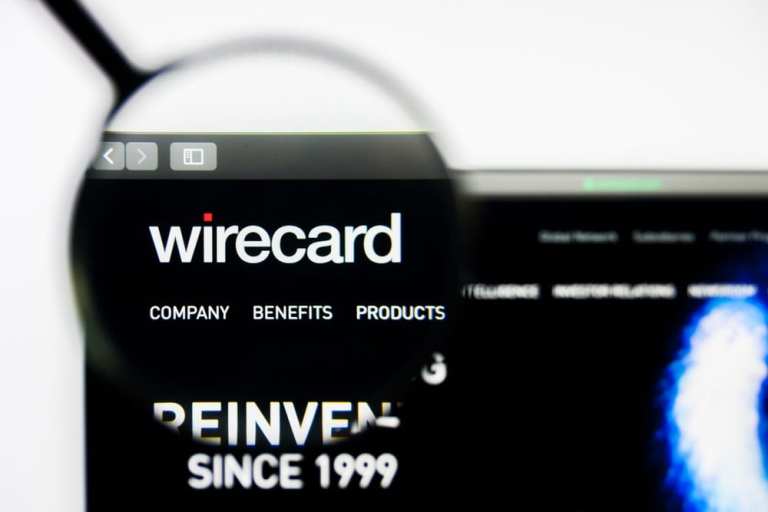SoftBank Invests $1B Into Wirecard

Wirecard, the German financial company, and Japan’s SoftBank Group announced Wednesday (April 24) a deal in which SoftBank will invest about EUR 900 million in Wirecard.
In a press release, the companies said the investment will come via a convertible bond mechanism. On Tuesday (April 23) Bloomberg reported a deal between the two was imminent. Wirecard said under the deal it will issue convertible bonds to SoftBank with terms of five years. It is convertible for about 5.6 percent of Wirecard stock at EUR 130 per Wirecard share. Shareholders of Wirecard have to sign off on the deal at the company’s annual shareholder meeting on June 18. The two companies also inked a partnership for digital payment solutions in which SoftBank will support Wirecard’s geographic expansion in Japan and South Korea. The two will also look for ways to collaborate in digital payments, data analytics, and AI and other digital financial services. They are also expected to jointly explore new product and service offerings in digital lending.
“As global innovators, we focus heavily on expanding our networks and creating opportunities for companies with groundbreaking ideas. In SoftBank we have found a partner that shares both our passion for new technologies and drive to spearhead the latest innovations, all on a global scale,” said Markus Braun, CEO of Wirecard in the press release. “In addition, through this potential partnership, we will expand our reach and products to the East Asian markets, thereby further strengthening our position in Asia.”
The investment on the part of SoftBank should quell some concerns about Wirecard, which has been embroiled in scandals in recent weeks after a series of articles in The Financial Times alleging faulty accounting in its Singapore office. Based on the accounts of a whistleblower, The Financial Times penned the articles which sent the value of Wirecard plummeting. It also prompted an investigation by the police in Singapore. Wirecard has said the reporting from The Financial Times was “false, inaccurate, misleading and defamatory” and filed a lawsuit against the paper.